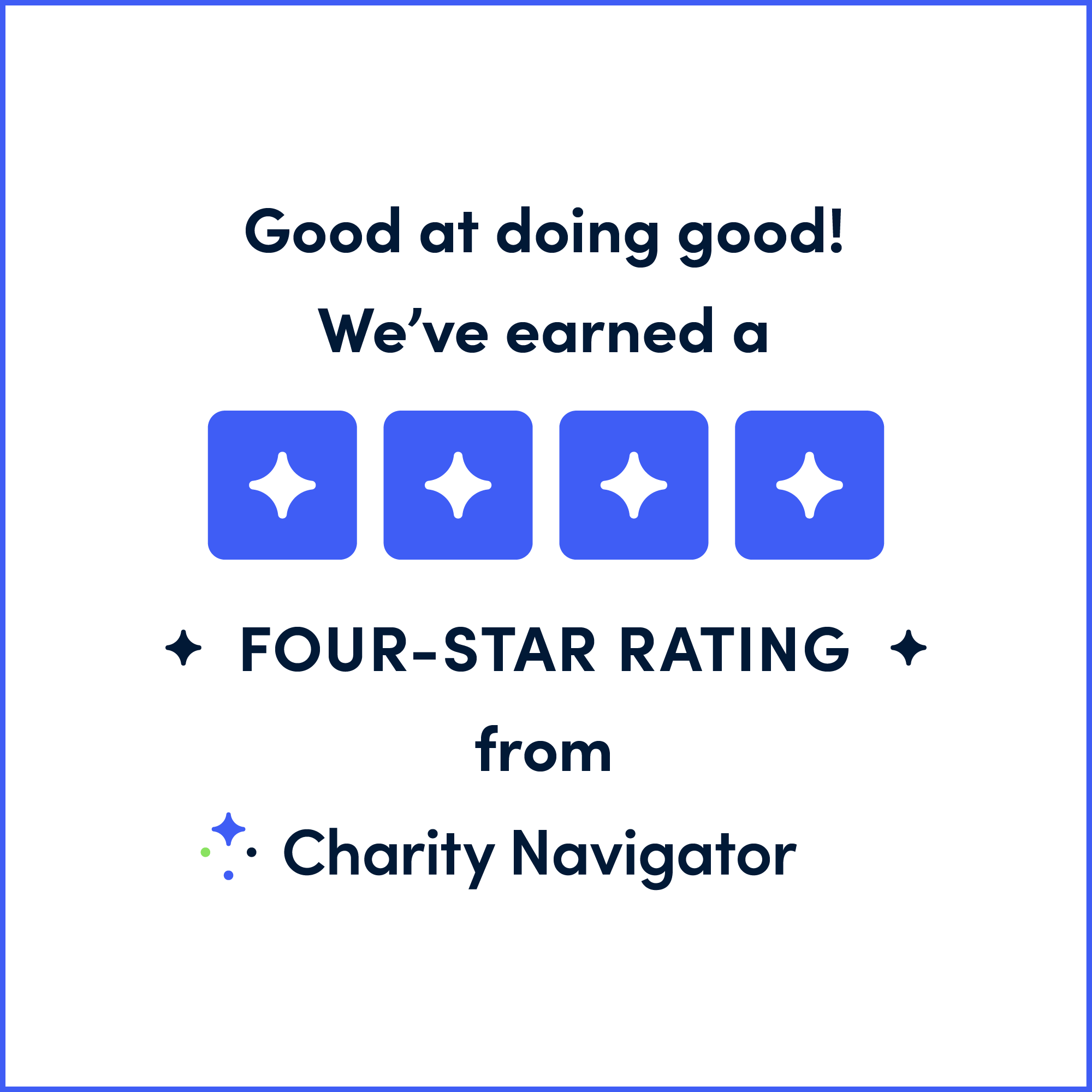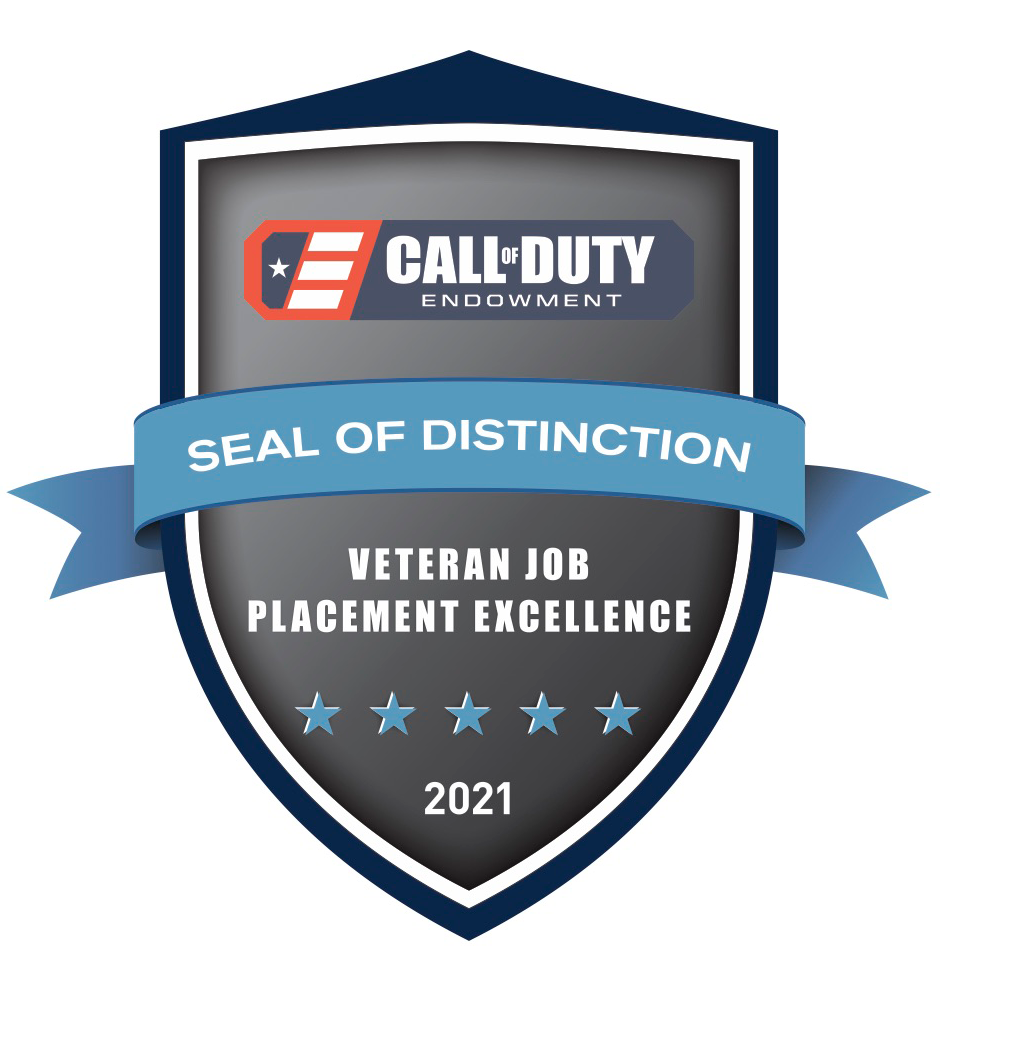How Business Can Honor Veterans’ Service: The post-9/11 wars have faded from the headlines, but many of those who served still need—and deserve—a hand in starting their civilian careers.
Veterans Day presents an opportunity for Americans to reflect on the military service of their fellow Americans—and to consider the country’s obligations to those veterans. Remembering those who have served takes on an added importance these days, when the U.S. has reduced its involvement in the post-9/11 wars and appreciation for the sacrifices of those who wore the nation’s uniform begins to fade.
More than 2.5 million Americans have served their country since the 9/11 attacks. Each volunteered knowing that it likely meant a combat deployment. In recent years, many of these young men and women have left the service and returned to civilian life. The best way to honor their service is to help them as they enter the workforce, seeking not just a job, but a career. Military veterans are eager to put to civilian use the skills, work ethic and leadership qualities that they developed while in the uniform.
Several years ago, when service members and their actions were featured prominently in each day’s news, many companies made a point of hiring veterans and urging others to do so. Today, many corporate CEOs continue their emphasis on hiring and investing in returning veterans—because the companies know the benefits of hiring those who have served—but other corporate leaders have moved on and focused elsewhere.
One large East Coast-based corporation, for example, recently stopped all community service and charitable grants to veterans-related entities, though it continues to contribute to hundreds of other causes.
In recent months, as well, a large global financial-services firm decided to halt all veterans-related community service; once an important donor to veterans-support initiatives, it is no longer. And one of America’s largest industrial corporations has also recently stopped giving to veterans activities—this, after a period of several years when its CEO didn’t attend employee-sponsored Veterans Day events. The head of that company’s veterans-resource group told us that their CEO was regarded as MIA when it came to supporting veterans.
All of this is worthy of serious reflection on Veterans Day. America’s former service members are not asking for a parade or any other such public recognition. They do, however, appreciate deeply the support offered by many as they make their transition from uniformed to civilian life. And they hope the assistance will continue.
America’s business leaders should lead the way in supporting veterans, most significantly by hiring, training and developing them, in addition to helping by contributing to veterans-support organizations. Despite reduced media coverage of the military campaigns of the post-9/11 period, the need to support those who have served remains as urgent as ever.
Gen. Petraeus, retired from the U.S. Army, is a partner with KKR, where he is chairman of its Global Institute and of its Vets@ Work initiative. He is a senior adviser of American Corporate Partners, where Mr. Goodfriend, a retired investment banker, is founder and chairman.











